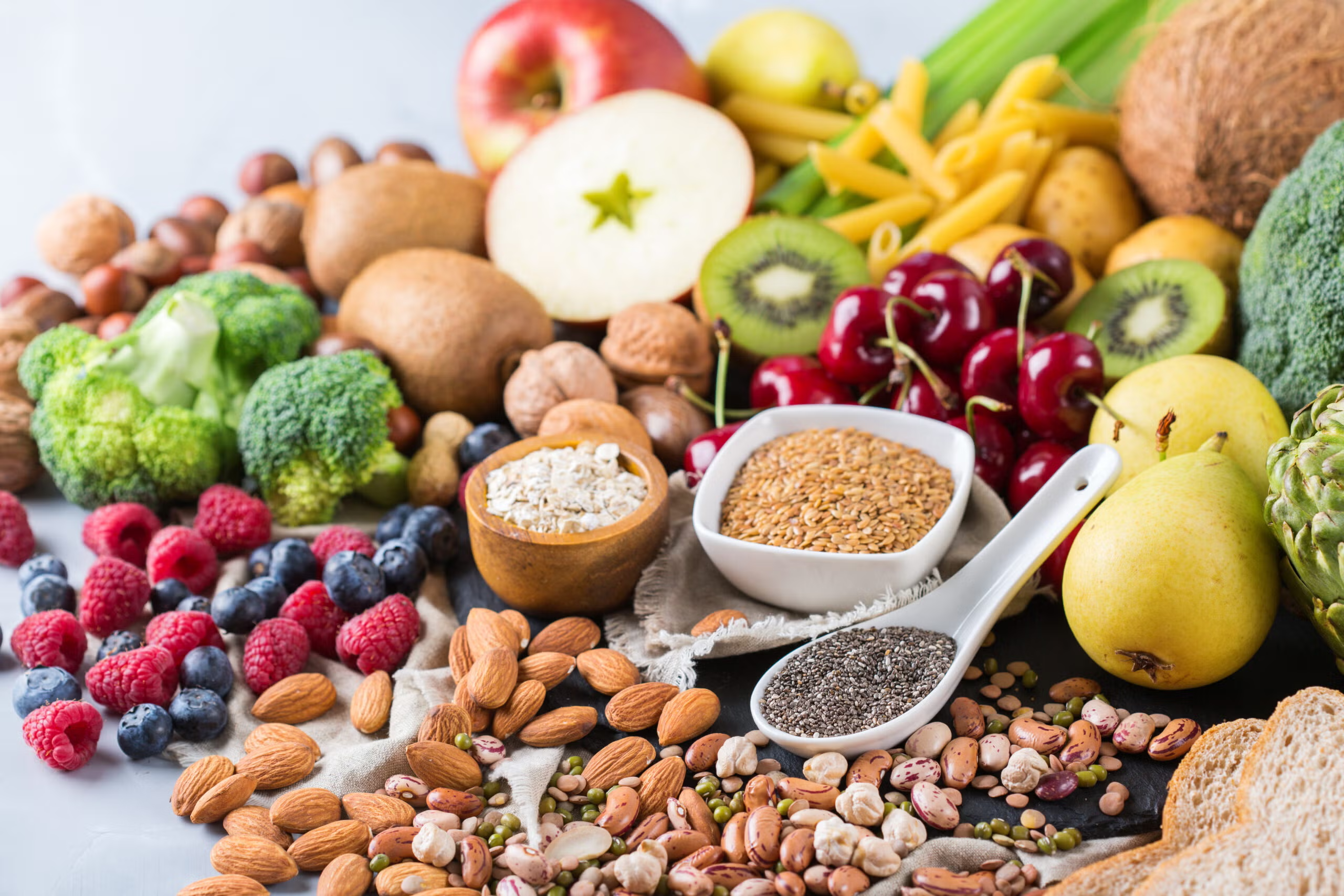Codex CAC/GL 90 Total Carbohydrate Profiling for Nutrition Labeling
The Codex Code of Practice for the Labelling of Prepackaged Foods (CAC/GL 90) provides a framework that ensures consumers receive accurate and reliable information about the nutritional content of food products. One critical aspect of this labeling is the total carbohydrate profiling, which includes sugars, starches, and other carbohydrates present in the product. This service focuses on the Codex CAC/GL 90 requirement for total carbohydrate analysis to ensure compliance with nutritional labeling standards.
Total carbohydrate profiling is essential because it provides a complete picture of the carbohydrate content in food products. This information helps consumers make informed decisions about their dietary intake, especially those managing diabetes or other health conditions that require specific carbohydrate management. The service offered here aims to deliver accurate and reliable results for total carbohydrates, including sugars, starches, and fiber.
The methodology employed aligns with the requirements of Codex CAC/GL 90, which mandates the analysis of total carbohydrates in a food matrix to provide an overall picture of carbohydrate content. This includes both digestible and indigestible carbohydrates, contributing to the nutritional value of the product. The service ensures that the results are accurate, repeatable, and traceable, complying with international standards such as ISO 5509:1983 for moisture determination in food products.
The process involves a series of steps designed to extract and quantify carbohydrates from various food matrices. Sample preparation is critical; it includes homogenization, drying, and grinding to ensure that the sample represents the entire product composition accurately. The extraction step uses appropriate solvents to dissolve carbohydrates into an aqueous solution, followed by filtration to remove any particulates.
The quantification of total carbohydrates typically involves several methods, including gravimetric analysis for sugars and starches, enzymatic hydrolysis for digestible carbohydrates, and chromatographic techniques like High-Performance Liquid Chromatography (HPLC) for comprehensive profiling. The use of HPLC allows for the differentiation between various types of carbohydrates, providing a detailed breakdown that is essential for accurate labeling.
The service ensures compliance with Codex CAC/GL 90 by delivering results that are not only precise but also traceable to international standards. This approach helps manufacturers meet the demands of regulatory bodies and enhances consumer trust in the accuracy of nutritional information provided on food labels.
Why It Matters
Accurate carbohydrate profiling is crucial for several reasons:
- Consumer Health & Safety: Proper labeling ensures that consumers, especially those with dietary restrictions or health conditions, can make informed choices about their food intake.
- Regulatory Compliance: Adhering to Codex CAC/GL 90 helps manufacturers avoid legal penalties and reputational damage associated with non-compliance.
- Informed Marketing: Clear labeling supports effective marketing strategies by highlighting the nutritional benefits of a product, which can enhance consumer appeal.
The service offered here ensures that food products meet these critical requirements, enhancing both safety and compliance in the global food market.
Quality and Reliability Assurance
- Accurate Sample Preparation: Rigorous sample preparation is essential to ensure consistent results. This includes precise grinding and homogenization of samples, followed by drying and extraction processes.
- Instrumentation Calibration: All analytical instruments used are calibrated regularly to maintain accuracy and precision in measurements.
The laboratory adheres to strict quality control measures throughout the entire process. This includes regular calibration of equipment, use of certified reference materials for standardization, and adherence to internationally recognized standards such as ISO 5509:1983. These practices ensure that the results are reliable and consistent.
| Methodology | Description |
|---|---|
| Sample Preparation | Involves grinding, homogenization, drying, and extraction of carbohydrates from various food matrices. |
| Total Carbohydrate Quantification | Includes gravimetric analysis for sugars and starches, enzymatic hydrolysis for digestible carbohydrates, and HPLC for comprehensive profiling. |
The use of advanced analytical techniques ensures that the results are accurate and reliable. The service also includes a rigorous quality assurance program to ensure that all steps in the process meet international standards.
Use Cases and Application Examples
- Dietary Supplement Manufacturers: Ensuring compliance with labeling requirements for carbohydrate content is crucial for dietary supplements aimed at consumers managing diabetes or other health conditions.
- Retail Food Chains: Accurate carbohydrate profiling supports effective inventory management and supply chain optimization, ensuring that products meet regulatory standards.
| Use Case | Description |
|---|---|
| Dietary Supplement Manufacturers | Ensuring compliance with labeling requirements for carbohydrate content is crucial for dietary supplements aimed at consumers managing diabetes or other health conditions. |
| Retail Food Chains | Accurate carbohydrate profiling supports effective inventory management and supply chain optimization, ensuring that products meet regulatory standards. |
The service offers comprehensive support for these use cases, ensuring that manufacturers can provide accurate nutritional information to consumers. This compliance is essential for maintaining consumer trust and regulatory adherence.





